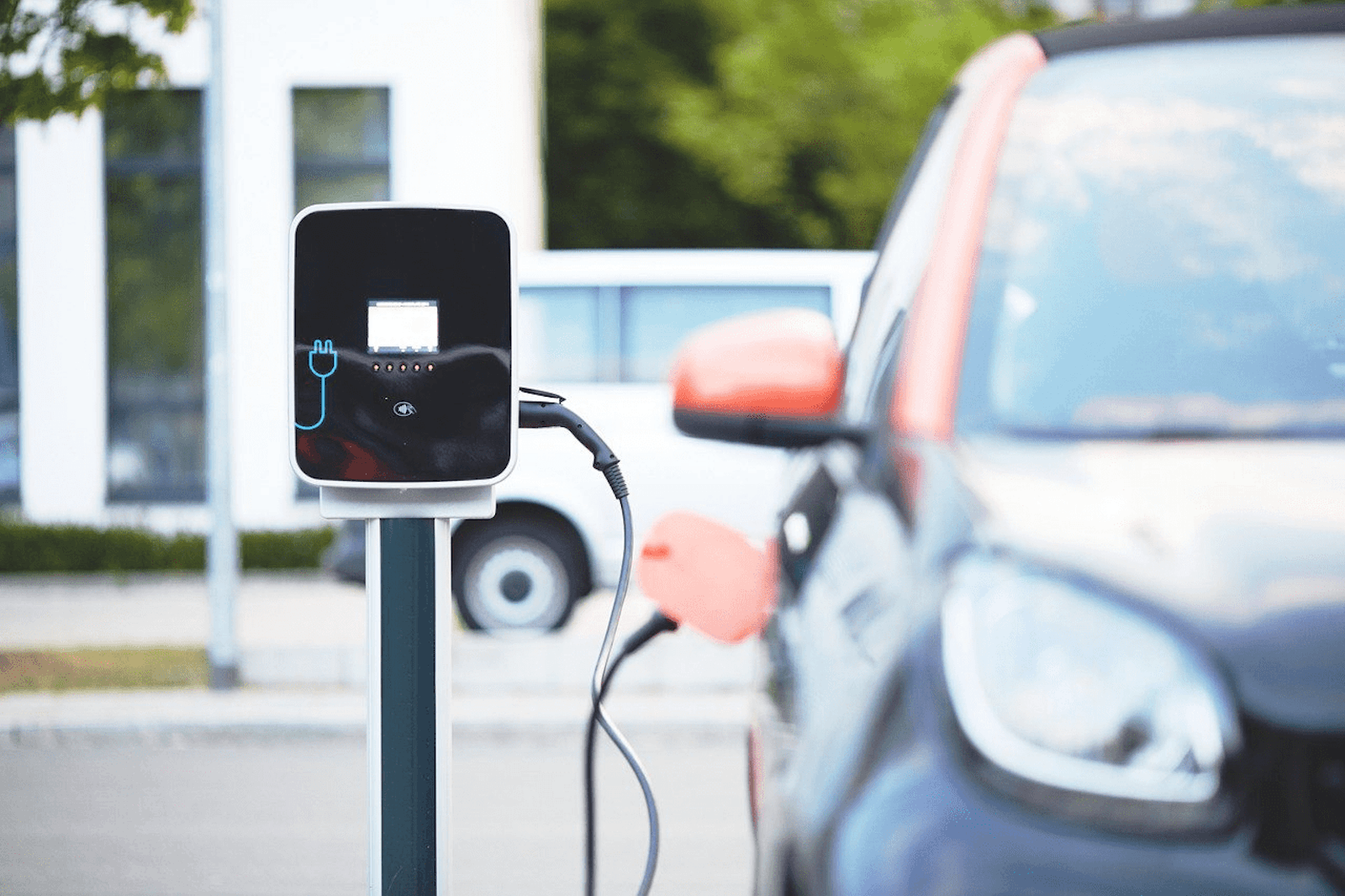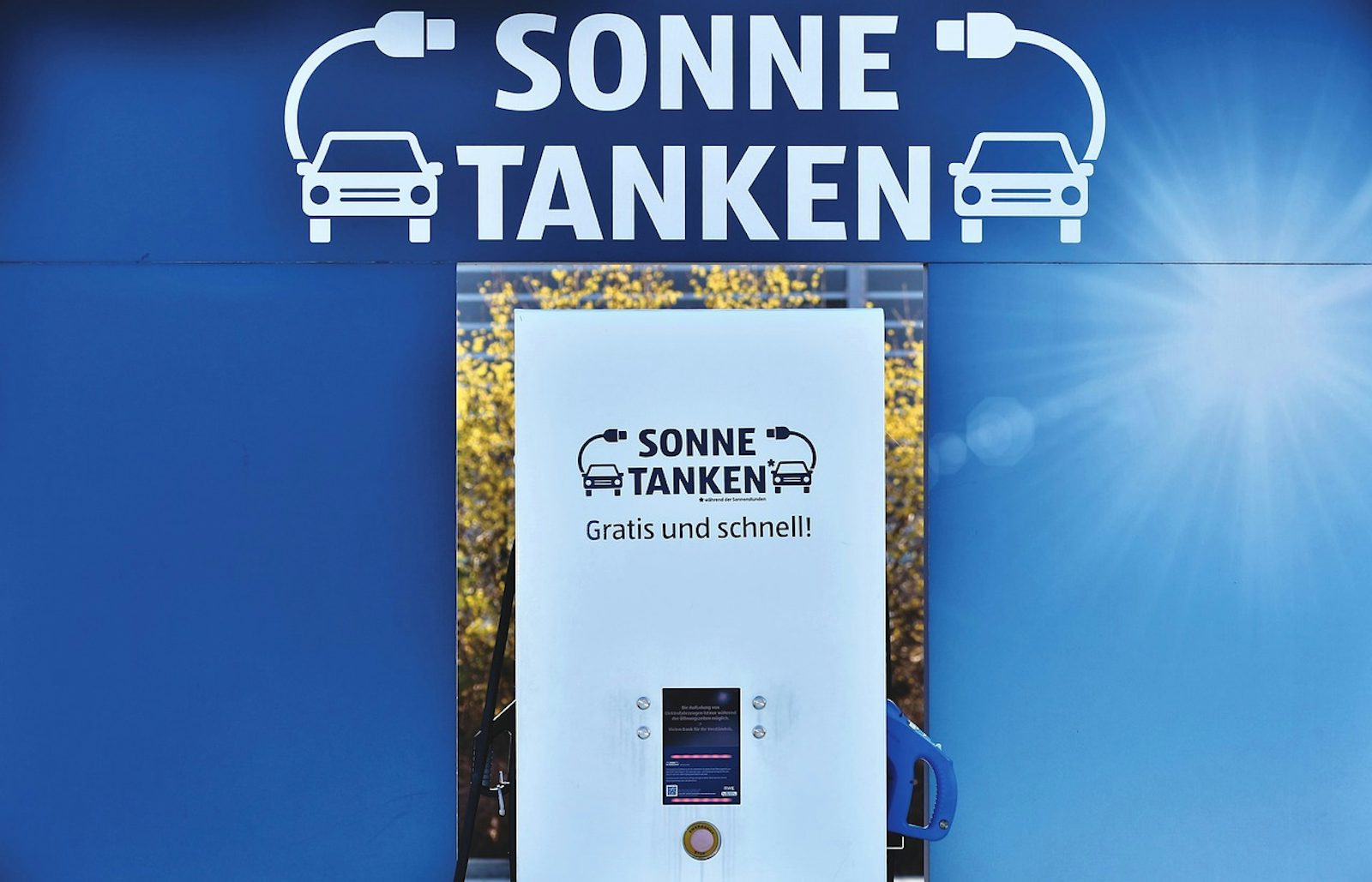Is an e-car or combustion engine more worthwhile?
The switch from combustion engines to electric cars is a difficult topic for many drivers. Apart from the life cycle assessment, it is also about very individual concerns. The question is: Is an e-car worth it for me? We compare e-cars and combustion engines and show you which drive is associated with which costs - and what you actually have to take into account.
⏰ Summary
- E-cars are increasingly worthwhile
- Fuel prices will continue to rise
- Private charging pays off
- No vehicle tax for e-cars until 2030
- E-car ideal for the city
If you are interested in an electric car, we have summarized the best electric car offers for you here:
| Model | Offers from | |
| Skoda Enyaq iV | €34,115 | Compare offers |
| Cupra Born | €27,949 | Compare offers |
| Dacia Spring | €15,689 | Compare offers |
| Opel Corsa-e | 26.680 € | Compare offers |
| Fiat 500 Electric | €21,903 | Compare offers |
Purchase price – Are electric cars more expensive than combustion engines?
One of the reasons why many drivers do not yet opt for an electric car is the high purchase price. After the end of the environmental bonus, the prices for e-cars are in some cases significantly higher again compared to equivalent combustion models. However, this usually only applies to European manufacturers, because Chinese car brands are bringing a lot of Chinese electric cars into the country and offering them at very attractive prices.

Will e-cars soon become cheaper?
Now that the ban on internal combustion engines has been decided for 2035, the electric car seems to be the future. However, to ensure that the switch is attractive for the masses of people even before that, there is no way around a price reduction in the long term. Especially if you want to hold your own against the competition from China.
At the moment, there is a shortage of affordable small electric cars in particular. However, the manufacturers have already presented some concepts that are to be launched on the market in the next few years. The forecast for 2025 is already quite positive again, as German carmakers will launch electric cars under 20,000 euros next year – a price that could now really appeal to the masses.
Furthermore, the gap between Chinese and European manufacturers will close again somewhat, because with the entry into force of the punitive tariffs for Chinese e-cars, the price will also increase there.
Why are German e-cars so expensive?
Chinese manufacturers show that the purchase price for e-cars does not have to be exorbitantly high. But why are German car brands so expensive? On the one hand, it is because competition is enormously high in China and therefore prices must be kept as low as possible. The high price level in Europe brings large margins for China and at the same time vehicle prices are still lower than those of European manufacturers.
Wage costs and other operating costs such as rent or electricity are also significantly higher in this country, which is why German e-cars are very expensive in comparison.
E-car subsidies: Why is there no longer an environmental bonus?
The environmental bonus for electric cars expired at the end of 2023. At that time, the government decided very spontaneously that there should be no more funding. After the demand for e-cars collapsed sharplyand is still at a low today, voices are getting louder and louder calling for a new bonus. Whether this will really come remains to be seen.
E-car or combustion engine – running costs
When we talk about a cost comparison of electric cars against combustion engines, it means that the total costs must be taken into account. So not only the purchase price plays a role, but also costs for electricity or gasoline, insurance, tax and maintenance.

Electricity prices vs. fuel prices – which is more expensive
The prices for gasoline and diesel have currently leveled off again after months at a high level. But that will probably change again in the future, because the CO2 tax is raised annually. Accordingly, saving fuel is the order of the day for most people – is an e-car worthwhile in this respect?
The price of a litre of petrol is currently €1.72 on average (as of September 2024), diesel costs €1.55. It's not quite so easy with electricity, because it depends a lot on whether you charge at home at the wallbox, at the socket or on the go at a fast-charging station. Of course, the prices for electricity have also risen and the issue of charging loss should not be overlooked when charging an e-car.
Cost comparison for private charging
If you can charge at home, you have a lot of advantages, because the electricity is much cheaper than at a public charging station, you can conveniently charge at the wallbox on your doorstep and an e-car can be worthwhile even without a photovoltaic system. As of October 2024, the average price for a kilowatt hour is 34 cents.
Let's say you drive a Dacia Spring with a net battery capacity of 27.4 kWh. The consumption for the weaker engine version is given by the manufacturer as 13.8 kWh per 100 kilometers. According to the ADAC, the charging loss is 5.9 kWh, which means that 33.3 kWh of electricity is needed for a full charge. These would cost just under 11 euros at an assumed 34 cents per kWh.

Cost comparison for public charging
Public charging stations can be AC charging or DC charging. If you have to charge the Spring on the go, it will be more expensive, because the charging rates in the big cities are usually between 40 and 50 cents for AC charging, and even between 60 and 70 cents for DC charging. Since the Spring does not have a fast charging option, we expect 45 cents per kWh for AC charging. Accordingly, public charging will cost you just under 15 euros.
Unfortunately, only a few free charging stations are still offered.
Are there differences in insurance?
The biggest difference between combustion engines and e-cars in terms of insurance is the battery – it is expensive and should be insured. That's why there are special electric car insurance policies.
Is the vehicle tax for e-cars lower than for combustion engines?
Electric cars are completely exempt from motor vehicle tax until 31.12.2030. The tax for e-cars as company cars is also significantly lower.
Repairs, maintenance and service – are there any differences?
The structure of an electric car is less complex than that of a combustion engine. The electric car transmission consists of significantly fewer parts and no fluids such as engine oil or radiator fluid are needed. Accordingly, the maintenance of an e-car is also cheaper.
Due to the fact that significantly fewer components are installed in an electric car, there is also less damage. Repairs in electric cars usually concern brakes or battery, but this can be relatively expensive in the event of damage. Marten bites should not be underestimated either, because if a high-voltage cable has to be replaced, it is expensive.
Some workshops are not yet specialized in e-cars and you have to go to specialist workshops, which are even more expensive.
What other cost advantages are there for e-cars?
In some cities, there are free parking spaces for electric cars and some streets that are prohibited for combustion engines may be used by e-cars. But this is not generally the case, pay attention to the appropriate traffic signs that allow you to do so.

Conclusion: From how many kilometers is an e-car worthwhile?
In May 2024, the ADAC published a study that includes a very comprehensive total cost calculation for e-cars and combustion engines. As recently as the year before, electric cars were in some cases cheaper than gasoline and diesel cars, depending on the model. After the abolition of the BAFA premium, the situation could be different.
However, the study still shows a mixed picture – sometimes the e-cars are cheaper, but for the most part gasoline and diesel cars. A holding period of 5 years and an annual mileage of 15,000 kilometers was assumed.
A price per kilometre was calculated, taking into account all costs. Here are a few examples:
- BMW X2 sDrive20i vx. X2 sDrive18d vs. iX2The cheapest way to get away with the diesel is here. In total, you have costs of 69.7 cents per kilometer. For the e-car, it is 71.4 cents and the most expensive in this comparison is the gasoline engine at 72.7 cents per kilometer driven.
- Renault Kangoo TCe100 vs. Kangoo Blue dCi95 vs. Kangoo E-TechVictory for the gasoline engine – the TCe100 costs only 52.7 cents per kilometer. In comparison, the electric Kangoo is quite a bit more expensive at 64.4 cents. At 53.1 cents, the diesel is only just behind the gasoline engine.
Is an e-car worthwhile for infrequent drivers?
Especially if you only drive short distances and are mostly on the road in the city, an electric car is the best choice. Here you can also take a small model, which is cheaper in purchase price. The charging infrastructure in cities is also already very well developed, so you usually have good access to charging stations. Maybe you are also looking at an electric VW Touran alternative for the family.
Is an electric car without your own photovoltaic system worthwhile?
Anyone who owns a photovoltaic system and buys an e-car can benefit enormously. The unused electricity can be used for charging and does not have to be fed into the power grid. Accordingly, you can charge electricity for free on sunny days.
But even if you don't have a PV system, an e-car is worthwhile. Also take a look at special e-car electricity tariffs, here you can get away even cheaper.
Ist der Wiederverkaufswert beim E-Auto oder Verbrenner besser?
Aktuell herrscht relativ viel Verunsicherung beim Thema Wertverlust von E-Autos. Wenn du ein gebrauchtes Elektroauto verkaufen willst, kann das schwierig werden. Es gibt keine Faustformel dafür, wie viel ein E-Auto mit der Zeit wert ist, denn das hängt natürlich von vielen Faktoren ab. Man kann aber sagen, dass der Wertverlust – wie auch bei Verbrennern – im ersten Jahr am größten ist. Man geht von 25 Prozent aus.
Nach drei Jahren liegt der Wert des E-Autos noch bei ungefähr 60 Prozent des Listenpreises. Damit steht das E-Auto sogar ein wenig besser da als der Verbrenner, der nach drei Jahren ungefähr bei 50 Prozent des Listenpreises landet.
Liegt allerdings ein Unfallschaden vor oder hat der Akku Probleme, dann kann sich das Blatt schnell wenden. Falls die Preise für neue E-Autos fallen oder die Hersteller größere Prämien für Neuwagen ausloben, kann es sich für Käufer:innen mehr lohnen, gleich zum Neuwagen zu greifen.
Is e-car leasing worthwhile?
Leasing an electric car can definitely be worthwhile, because with rapid technological progress, the car may be old again after a few years and then you can simply return it after the term. You can find the best leasing offers for electric cars at Carwow.